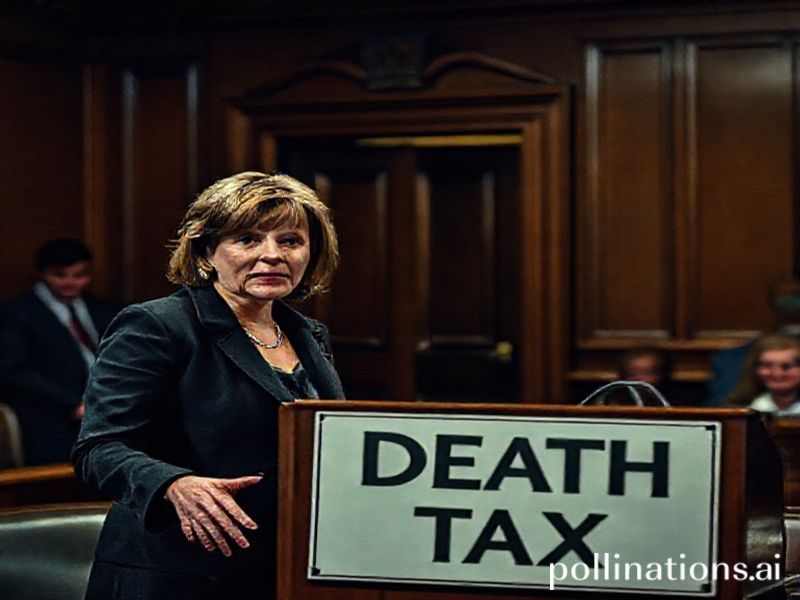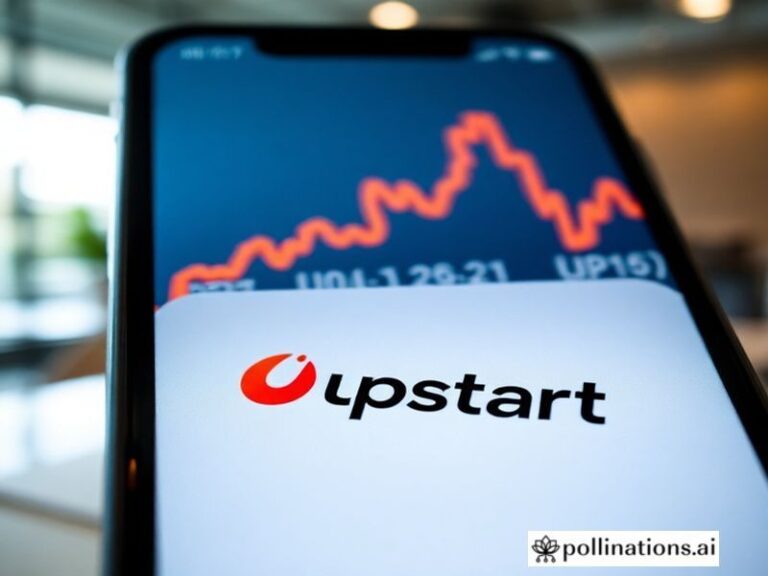Rachel Reeves’ ‘Backdoor Death Tax’: The Viral Phrase That’s Got Everyone Talking
# **Rachel Reeves’ “Backdoor Death Tax”: The Viral Storm Brewing in the UK**
In the grand theater of political drama, few things ignite the internet like a well-placed, inflammatory phrase. Enter Rachel Reeves, the UK’s Shadow Chancellor of the Exchequer, and her now-infamous “backdoor death tax” comment. What started as a political soundbite has morphed into a global trending topic, sparking memes, debates, and more than a few raised eyebrows. But why is this phrase resonating so widely? Let’s break it down.
### **The Spark: What Exactly Is the “Backdoor Death Tax”?**
Rachel Reeves made the comment during a BBC interview, where she discussed potential tax reforms under a Labour government. The phrase “backdoor death tax” refers to proposed changes to inheritance tax rules, particularly around trusts. Critics argue that these changes could effectively tax wealth transfers at death, hence the dramatic moniker. Whether or not the policy is as sinister as the name suggests, the phrase itself has taken on a life of its own.
### **Why Is It Trending Globally?**
1. **The Power of a Catchy Phrase**: In the age of viral content, a well-crafted soundbite can travel faster than a politician’s apology. “Backdoor death tax” is catchy, provocative, and easy to meme. It’s the kind of phrase that instantly sparks curiosity and outrage, two emotions that fuel internet engagement.
2. **Political Polarization**: The UK’s political landscape is a battleground of ideologies, and tax policies are always a hot-button issue. Whether you’re a Labour supporter or a Conservative critic, the phrase has something for everyone—fuel for debate, ammunition for memes, and plenty of material for pundits.
3. **Cultural Context**: The idea of a “death tax” taps into deep-seated cultural anxieties about wealth, inheritance, and government overreach. In the UK, where class and wealth disparities are often discussed, the phrase resonates with broader societal tensions. Meanwhile, in the US, where inheritance taxes are already a contentious issue, the phrase has found a second home in political discourse.
4. **Social Media Amplification**: Twitter, TikTok, and Facebook have turned the phrase into a meme goldmine. From satirical videos to sarcastic tweets, the internet has run wild with interpretations of what the “backdoor death tax” might entail. The more outrageous the meme, the more it spreads, creating a feedback loop of viral engagement.
### **Social Impact: More Than Just a Meme**
While the phrase is undeniably funny and meme-worthy, it also highlights broader concerns about tax policy and wealth inequality. The debate around the “backdoor death tax” has forced politicians to clarify their positions, sparking conversations about fairness, transparency, and the role of government in managing wealth.
For everyday people, the phrase has become a shorthand for their fears about financial security and government interference. Whether or not the policy is as draconian as the name suggests, the public’s reaction shows a deep-seated anxiety about economic stability.
### **What Makes This Topic Significant?**
The “backdoor death tax” phenomenon is significant for several reasons:
1. **It Reflects Public Sentiment**: The viral reaction to the phrase shows how deeply people care about financial security and government policies. It’s a reminder that even the most technical policy discussions can become cultural touchstones.
2. **It Highlights the Power of Language**: Politicians and pundits know that words matter. A single phrase can shape public opinion, sway elections, and even derail careers. The “backdoor death tax” is a masterclass in how language can be weaponized—or memeified.
3. **It Bridges Political and Pop Culture**: Rarely do political soundbites become internet sensations. The “backdoor death tax” has achieved that rare feat, proving that politics and pop culture are not as far apart as we think.
### **Conclusion: The Afterlife of a Viral Phrase**
Whether Rachel Reeves intended for her phrase to become a meme or a political lightning rod, it has undeniably left its mark. The “backdoor death tax” is more than just a catchy soundbite—it’s a reflection of our collective anxieties, a testament to the power of language, and a reminder that in the digital age, even the most mundane policy discussions can become global sensations.
So, as the memes continue to roll in and the debates rage on, one thing is clear: the “backdoor death tax” is here to stay, at least until the next viral political phrase comes along.







